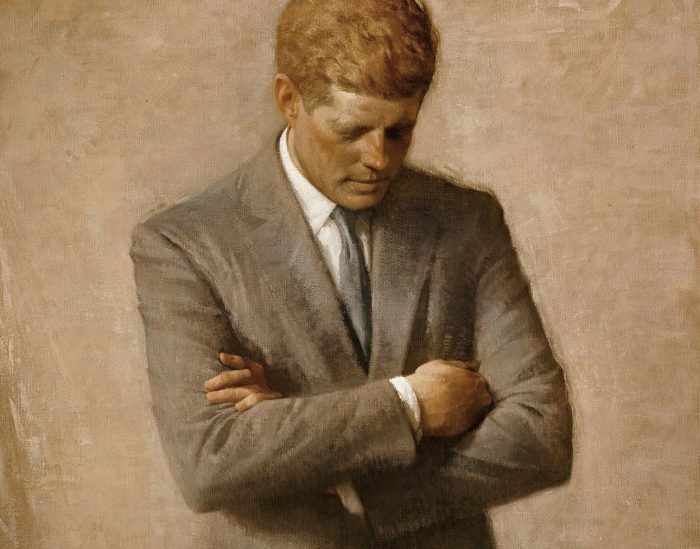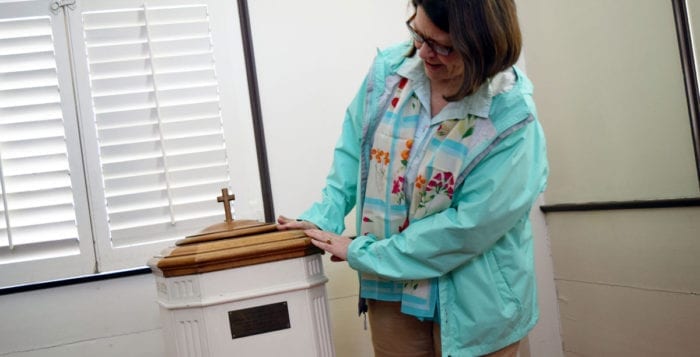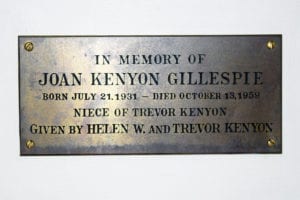By Nancy Burner, Esq.

Whether your trust requires its own EIN depends on the type of trust that you have. An Employer Identification Number (“EIN”) is a nine-digit number that the Internal Revenue Service (“IRS”) assigns to identify an entity for tax reporting purposes. An EIN, also known as a federal tax ID number, functions like a social security number.
Generally, revocable trusts do not need an EIN as they are grantor trusts and the trust’s income is reported on the tax return of the trust creator. If you have created a revocable trust, you may revoke the trust at any time and “regain” possession of the trust assets. Accordingly, a revocable trust is an extension of the grantor who created the trust. The grantor pays the income taxes generated by the revocable trust and uses the social security number of its grantor as its tax ID. Couples with a joint revocable trust both hold the power to revoke the trust, either person’s social security number can be used. A separate tax ID is necessary if they do not file taxes jointly.
A revocable trust becomes irrevocable at the grantor’s death. At that time, the trust requires an EIN, as the trust can no longer be associated with the deceased grantor’s social security number. The trust must file its own taxes.
Some lifetime irrevocable trusts are also grantor trusts and therefore taxed to the grantor just like a revocable trust. While it is not required for these trusts to maintain a separate tax ID, it is sometimes a good idea to assign same. We usually assign a federal tax ID when we do Medicaid Asset Protection Trusts. If an irrevocable trust is not classified as a grantor trust, an EIN is required as the trust is considered a “separate entity” from the grantor.
If your trust requires an EIN, an application is submitted to the IRS as soon as possible. The application contains information from the grantor and the trust to answer a series of questions for the IRS. A trustee can either apply online, or mail/fax IRS Form SS-4. If a trustee applies online, the EIN is available in a matter of minutes. If the application is completed by fax or mail, it may take a few weeks to receive the EIN.
Discuss any questions relating to the need of a separate tax ID for your trust with an experienced estate planning attorney or tax advisor. Since the income tax rate for a trust is usually so much higher than that for an individual, the question of how your trust is taxed is an crucial consideration when considering trusts.
Nancy Burner, Esq. practices elder law and estate planning from her East Setauket office. Visit www.burnerlaw.com.










